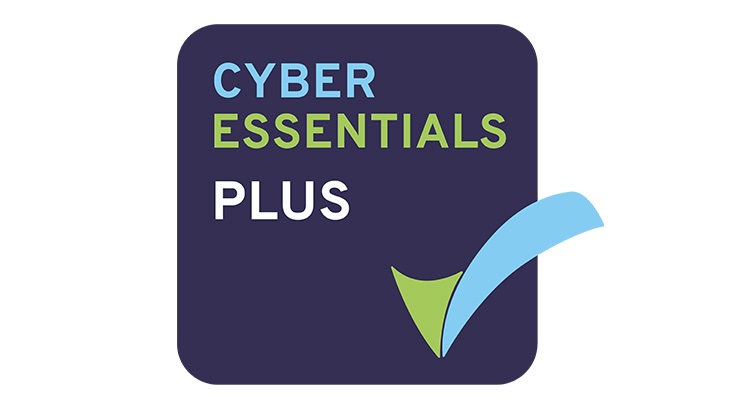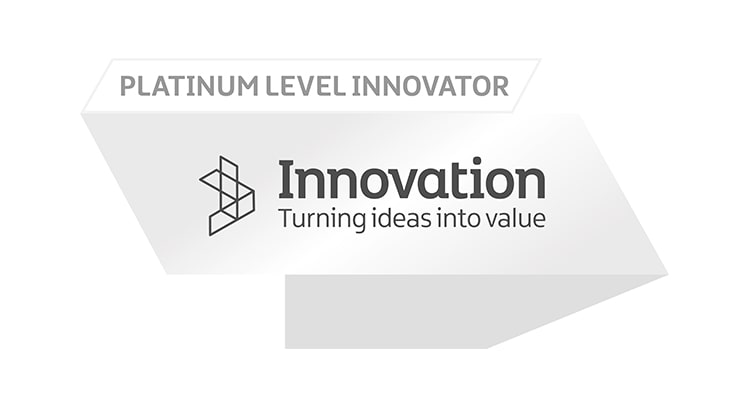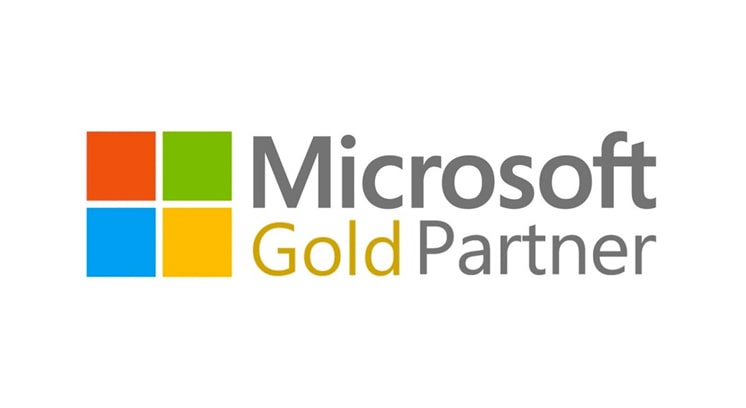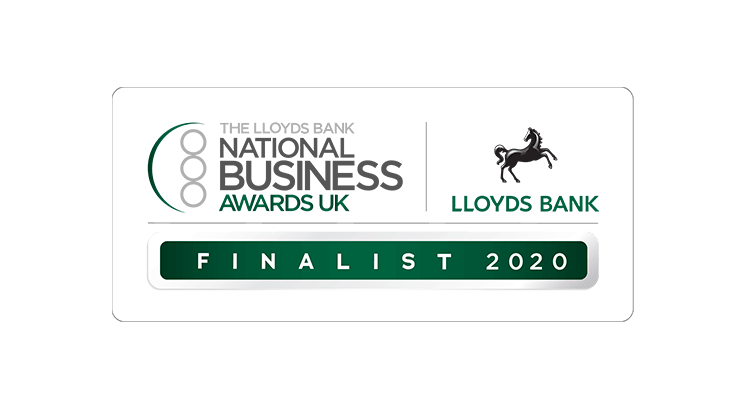As part of the Five Year Forward View for Mental Health, all Mental Health Trusts in England now have a Zero Suicide Programme which aims to help reduce the risk of self-harm and patient suicides.
The programme is supported through close engagement between the patient and clinician and part of this engagement includes the agreement and sharing of a ‘Safety Plan’ which gives the patient support and guidance. Gaining an understanding of the patient’s daily mood and any interventions they have undertaken themselves to cope is also an important aspect of the care process. However, capturing and sharing this information often proves difficult meaning clinicians miss out on important insights into the patient’s wellbeing and coping strategies.
What are the challenges?
Within the current safety plan the key contact information and mood diary entries are often managed using paper-based processes. Not only can paper-based records pose a security risk, with notes being left in work, or on public transport for example but consequently it’s quite common for these paper safety plans to be available to the patient at the time of need, e.g. because they have been left at home.
How can technology help?
Most people now own a smartphone and have access to an increasing number of apps at the touch of the button. There is an app for everything, from shopping lists and banking apps, to apps for productivity and weather forecasting. This should be no different when it comes to our mental health and wellbeing.
Apps can be used anywhere, as they are tied to a mobile device rather than a desktop computer. This portability makes them incredibly useful, especially for the younger generation, who are more likely to suffer from stress and anxiety. Mental health and wellness apps tend to focus on three key areas: mood, stress, and anxiety.

Why the Mood App?
Totalmobile’s mood health app has been developed to benefit both the clinician and patient by improving visibility and access to critical information.
Totalmobile’s patient Mood App not only ensures that patients state of mental health has improved and have a more secure access to their safety plan but also allows clinicians to have clearer visibility of their patient’s mood at the point of care, helping health organisations deliver improved mental health services.
Other benefits include:
- Patient On-boarding and 3-way Authentication – All patients must go through a 3-step onboarding process that secures the retrieving and sending of personal data, ensuring the patient is accessing their data while securing the app on their phone.
- Online and offline working – Even when there is no network connectivity available, the patient will be able to view information which was previously retrieved from RiO and stored on their device, while also being able to record new mood information
- View and record their daily mood – Patients can view & record their mood at any time throughout the day. They have three choices (Sad, Meh, Happy)
- View their agreed Safety Plan – Patients can access their personal safety plan which they have devised with their health care professional
-
View key contacts so they can reach out as needed – patients will be able to access and view a list of pre-configured contacts which have been defined in Rio by the Trust, e.g Samaritans, NHS 111
- Set mood reminders – Patients can set up to 3 reminders per day to encourage mood recording. Patients can also snooze reminders for up to 72hrs
- For more information contact Totalmobile on 02890 330111 or alternatively at info@totalmbile.co.uk







